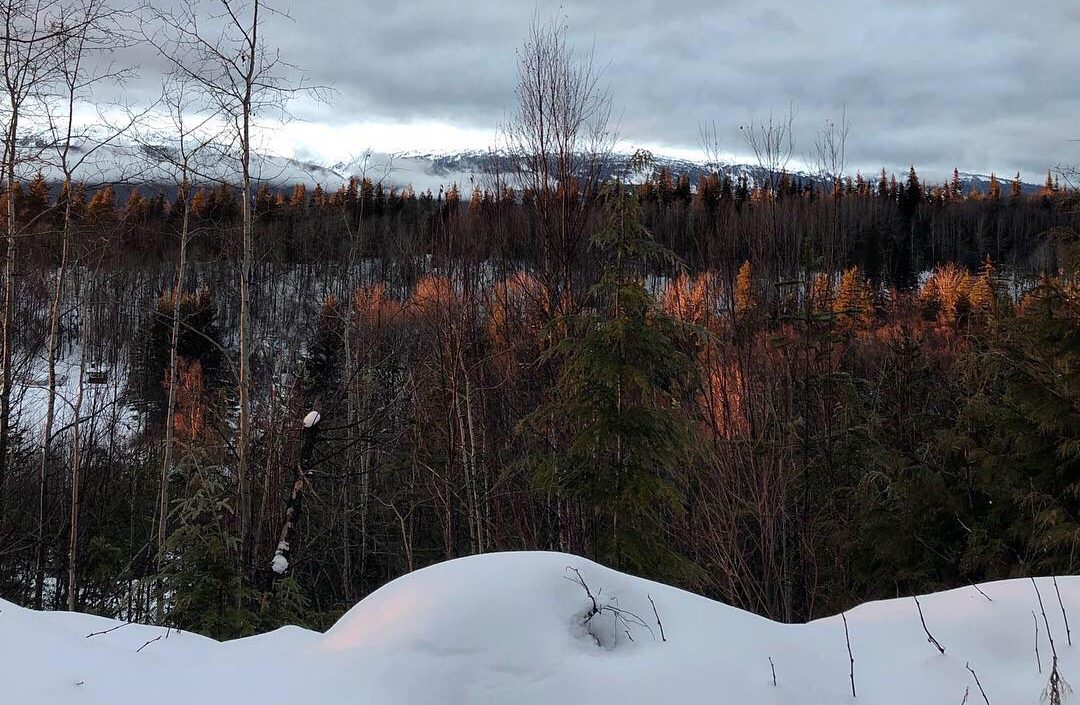Hello. I’m Georgia and this is my blog for a UBC online course, English 470A – Oh Canada, Our Home and Native Land?
To learn more about the course, you can visit our course blog here.
To learn more about me, visit my welcome post here.
A Wilderness Called Someone Else’s Home
The title of this blog comes from a book title already near and dear to me, A Wilderness Called Home. Published in 2001, it’s a collection of stories written by my dad (and sometimes my editor), Charlie Wilkins.
Though I didn’t read the book til I was older, the title was deeply familiar and held meaning to me since I was a child. I was lucky enough to hear the stories directly from my dad during long car rides to and from our cottage. I missed him while he was away on his adventures, but also have fond memories of joining him and receiving gifts from his travels. I remember, for example, eating ice cream with my sister and dad on the Great Lake freighter when it was docked in Thunder Bay. I learned from my dad to love and respect the land I am on.
As I got older, I began to learn more about settler-Indigenous relationships in Canada. I listened to creation stories and stories of colonial violence and stories of my own ancestors, the Cree ancestors and the settler ancestors, and came to understand that the places I’d known as home weren’t my home after all. Maybe I have a home up north at South Indian Lake or somewhere in England, but I’ve yet to visit.
Otherwise, I occupy my houses as an uninvited guest on stolen and unceded lands (when in Vancouver, Tofino, Haida Gwaii), and as a treaty person, under treaties that haven’t been properly honoured and were manipulative in the first place, when I am in my hometown, Thunder Bay, part of the Robinson-Superior Treaty.
Today, I live as a treaty person on Nisga’a Nation territories, perhaps one of the only places I’ve lived where the land is held in an agreement that wasn’t coercive or manipulative (but maybe it was… why should Canada have ever had any power or decision in the governance of these territories?). I live out in the bush, and can only embody my respect to the Nisga’a Nation through my relationship with their lands and waters.
This Earth is my home. My body is my home.
This wilderness is someone else’s home.
I am learning to respect that.
